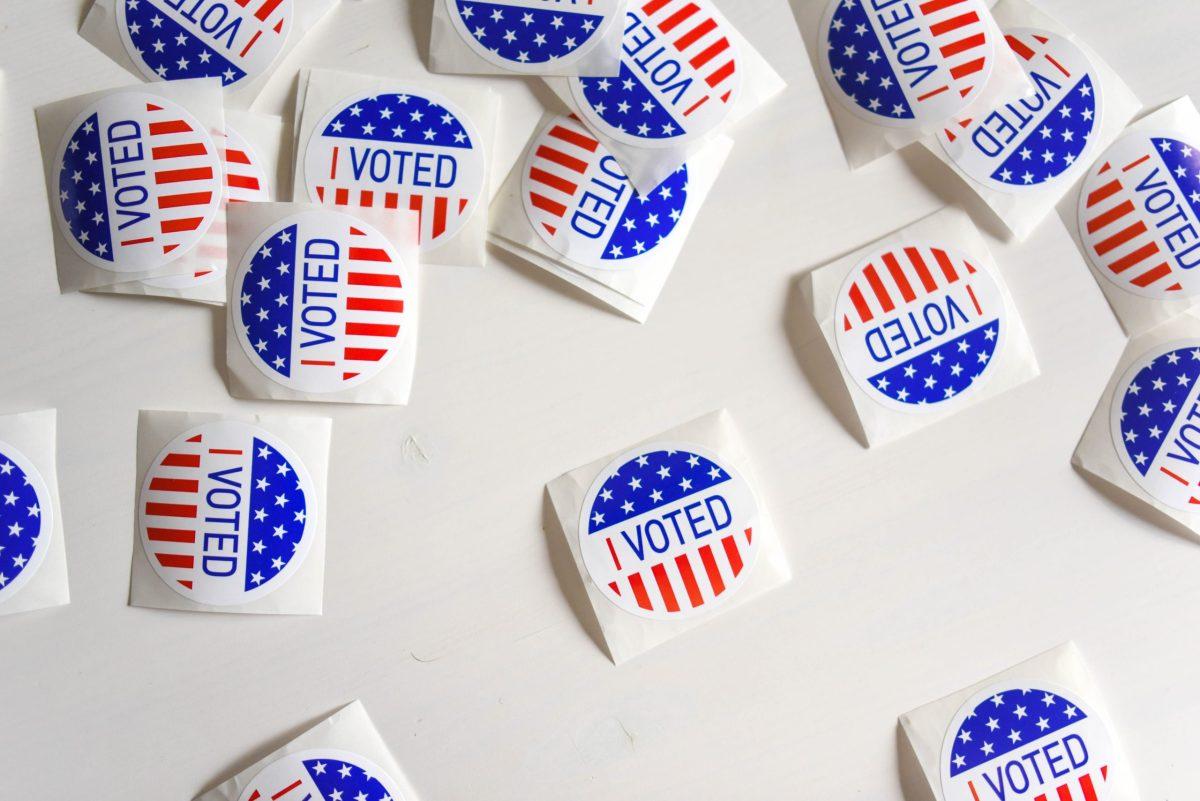Voting legislation has been an active area of political discussion over the past few weeks. On the back of a controversial election which saw former President Trump contesting the official result in several key swing states, partisan divides have been steepened in the voting security vs. access debate that has been growing over the past decade. States like Georgia have announced new legislation that would tighten ID requirements, reduce the availability of drop boxes and shorten the early voting period for runoff elections among other changes to ensure election integrity. This move has been met with stark democratic criticism, with President Joe Biden describing the legislation “Jim Crow in the 21st Century” for its disproportionate effects on minority communities. The state of New Jersey has come forward with its own set of voter legislation, with the aim of extending voter access and equitability in the voting process.
The first bill of the three pieces of new legislation, S2923, was introduced to the New Jersey Senate as far back as September of 2020. However, the bill, restricting the presence of police and electioneering within 100ft of polls and ballot boxes, did not receive action (in the form of an amendment) until February and is still being considered by the senate. The fate of the bill is not yet known, but if passed its supporters hope that it will prevent potential voter intimidation at polling places throughout the state.
Two other bills, S3203 and A5373, have recently passed through both houses and are currently being reviewed by the governor’s office who, given his vocal support for the content of the two bills, is likely to sign off on both. S3203, perhaps the most widely covered of the three, will institute a new in-person early voting period in New Jersey, which was before only open to absentee voters, to a period of 10 days before any general election and 4 days before primaries (or 6 days before presidential primaries). These early voting sites will be open Monday through Saturday and 10 AM through 8 PM. The bill notes that measures will be taken to ensure the security of these early votes, though the details will mostly be at the discretion of the Secretary of State.
Though election integrity was directly addressed in the bill, it has still generated some controversy regarding its cost. The first year of the bill will likely cost be between 25.1 to 28.5 million dollars in order to purchase equipment such as new voting machines and electronic poll books as described in the bill itself. Additionally, there will likely be an additional yearly cost of 0.4-1.8 million in reimbursements to municipal governments for man hours and other resources devoted to running the polls, an estimate in line with figures seen in states like Massachusetts with similar 10 day early voting periods. However, the bill only allocates 2 million dollars to this purpose. It should be noted that the Office of Legislative Services that produced these estimates still lists the total cost of the bill as indeterminate.
As for the effect this will have on voting we can once again look to Massachusetts for a comparison. Their municipalities have a bit more freedom in the designation of voting hours during the early voting period, with many opting to remain open only during business hours, leading to a range in participation. However, on average the state saw 22.9% of registered voters opting to vote early. Its participation in the midterm elections also increased nearly 20% from 2014 to 2018, however 2018 was marked by large voter turnout overall so it is difficult to pin all of this on the addition of early voting. And likely with its longer hours and inclusion of Saturday voting, New Jersey would experience greater participation overall. Supporters of this bill may see a very strong showing come November, however strong a non-congressional, non-presidential election year can be, though this remains to be seen.
A5373, while less far reaching in its aims, still marks a significant change in the New Jersey’s voting process. The bill aims to encourage the county board of elections to distribute ballot boxes in more evenly across counties to enable wider access. This is in response to issues in the last election in which boxes, often placed in universities or major public facilities, were clumped together, which may have prevented access to some communities. For instance, in Newark the only two ballot boxes were within 0.7 miles of each other in the Downtown/University Heights area, whereas a resident living in Weequahic would need to go 2 miles to the nearest drop box location in Irvington. The bill would allow for drop boxes that are currently within 2000 ft of each other to be moved to another location in the community, and in particular to place ballot boxes when possible within areas at or below 250% of the national poverty line. These changes, supporters hope, would encourage a distribution of ballot boxes more convenient to all voters especially those who may have hindered access due to socioeconomic circumstances.
With the passing of both these bills it is likely that New Jersey’s future elections will likely be more focused on voter access. Though 2020’s turnout may be hard to beat, the addition of a 10-day early voting period may noticeably increase the number of voters in the next election cycle. As for how the large investment in new equipment will be funded, this will most likely be revealed as Phil Murphy signs the legislation into law.




























